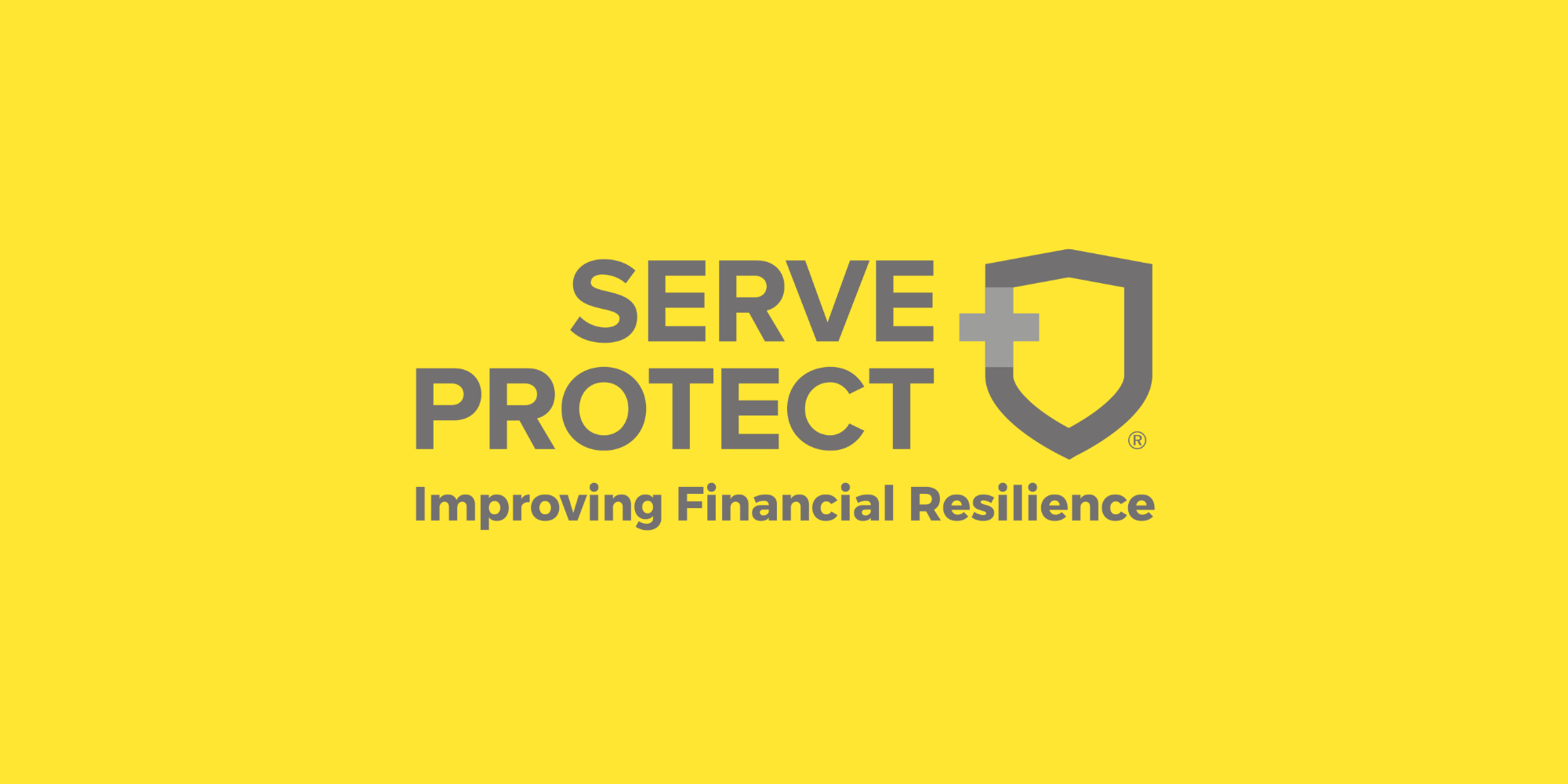When you were a child, saving money might have started with a piggy bank. You’d stash loose change, eagerly waiting to cash out and treat yourself. But as adults, we need more than a piggy bank. Most people turn to banks for saving and borrowing. But here’s the thing – not all financial institutions are the same. What if there was an alternative to banks that puts people over profit?
That’s where credit unions come in. They’re not-for-profit financial cooperatives designed to help you grow your savings and support your local community. By focusing on their members, not shareholders, credit unions are driving financial inclusion worldwide.
One of Britain’s largest credit unions, Serve and Protect, are launching a brand-new webinar to help you to understand what makes credit unions different. From credit unions’ commitment to supporting their members, to their role in the global credit union movement, you will learn how this people-focused approach benefits local communities across the world.
Register for the free webinar
Interested in learning more about what makes credit unions special? Check out Serve and Protect Credit Union’s free webinar to discover this community-driven approach to finance!
To learn more and register for free, click here or enter your details below.
What will be covered in the webinar?
The free webinar from Serve and Protect, titled ‘People Over Profit: The Credit Union Movement’ will cover the following 5 topics:
- What is a credit union?
- The global credit union movement
- Cooperative principles
- The credit union difference
- About Serve and Protect Credit Union
By the end of the session, you will have a full understanding of how credit unions work, what makes them so different to other financial institutions, how they benefit individuals and communities alike, and the unique support offered by Serve and Protect Credit Union.

What is a credit union?
A credit union is a not-for-profit financial cooperative which serves a specific community of members. Credit unions offer many similar financial products and services to mainstream providers. However, the way they operate is very different.
Credit unions are owned and controlled democratically by the members who use their services. The Boards of Directors are elected members who volunteer their time to guide the credit union’s direction. They operate on a cooperative model, like The Co-op and Barcelona Football Club, which focuses on benefiting members rather than making profit. This means credit unions are driven by values and global cooperative principles.
This way of operating means credit unions use a unique business model to other financial providers. Here’s how it works:
- Individuals join the credit union and start saving to become a member.
- These savings are loaned to other members at affordable rates of interest.
- The profits generated are used to pay savings returns, educate members to improve their financial knowledge, and support the community they serve.
Credit unions are an excellent option for those looking to grow their savings, access affordable credit, and support their local community. They truly are an ethical alternative to banks focused on the greater good of their people, not the pockets of their shareholders.
What does the global credit union movement look like?
Credit unions play a major role in the global financial system, with hundreds of millions of members from tens of thousands of credit unions across over 100 countries. And while these credit unions operate in a similar way, they each offer unique products, services, and benefits to their members.
Here in Britain, the credit union movement is less than 65 years old. With around 3% of the British population members of a credit union, there is plenty of work to be done to communicate the benefits of joining the movement.
What makes these not-for-profit financial cooperatives different?
Credit unions operate within a common set of principles, rooted in the cooperative values. These principles guide every decision made by credit unions, to ensure they operate in line with the global movement and the best interests of their members.
As an ethical alternative to banks, credit unions put their members at the heart of every product, decision, and interaction. Their purpose is to serve their members, not make a profit. They are owned by the people who use their services, not shareholders. They make decisions with members in mind, and only those who are part of the community they serve can join.
Unlike using a bank, saving and borrowing with a credit union not only benefits yourself. Of course, you receive a competitive return on your savings and access to affordable loans when required. But you are also helping to improve the financial inclusion of your community and help your peers to access vital support when they need it. It’s all about people helping people.

Who are Serve and Protect Credit Union?
Serve and Protect is one of Britain’s leading credit unions. As an employer credit union, people can join Serve and Protect based on who they work for. We exclusively serve those working in the police, prison, military, fire, and health services across Britain.
Established by police officers in the early 2000s and expanding to the wider emergency and protective services in the years since, the credit union’s mission is to improve the financial resilience of those who serve and protect the nation.
Learn more about the unique support offered by Serve and Protect Credit Union and become a member for free on our website.
- The information provided is for guidance and educational purposes only. Serve and Protect CU does not offer regulated financial advice. Please seek independent financial advice.



